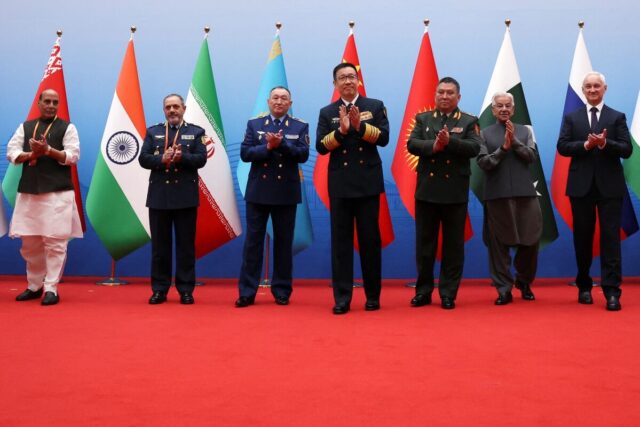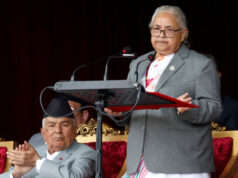“Terrorism is the enemy of the world, Pakistan too is a victim of terrorism,” Chinese Ambassador to India Xu Feihong asserted on Friday.
His remark, at a panel discussion in New Delhi on the upcoming Shanghai Cooperation Organisation (SCO) summit, underlines the absence of a common definition of terrorism, a gap that has prevented the implementation of the Comprehensive Convention on International Terrorism (CCIT) at the United Nations since the 1970s.
India has consistently pushed for a zero-tolerance policy, arguing there should be “no ifs or buts” in identifying terrorism, and that it must be treated as a universal crime without exceptions for political or separatist causes. New Delhi was the initiator of the CCIT proposal at the UN.
China, on the other hand, emphasizes its “Three Evils” framework—terrorism, separatism, and extremism—largely focused on internal threats such as separatism in Xinjiang. While Beijing has flagged groups like the Baloch Liberation Army, it has not publicly named Pakistan-based outfits such as Lashkar-e-Taiba or Jaish-e-Mohammad, despite their UN designation as terrorist groups.
The divergence between the Indian and Chinese approaches has shaped SCO’s counter-terrorism agenda. The bloc’s Regional Anti-Terrorism Structure reflects Beijing’s “Three Evils” framework, without reference to state-sponsored or cross-border terrorism. At the 2023 Goa summit, India’s attempt to introduce the phrase “cross-border terrorism” was opposed by China and Pakistan.
“We should join hands together to fight against terrorism,” Ambassador Xu declared.
But that is not as easy it sounds, given that differences over its definition continue to hinder consensus within the SCO.
(This article was written by Tisya Sharma, she is an intern at StratNewsGlobal)





